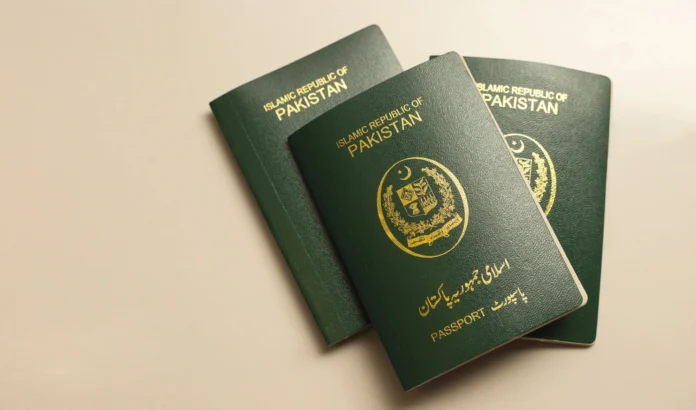Between October 2023 and October 2024, approximately 28,000 Pakistani nationals applied for asylum in European Union Plus (EU+) countries, according to a recent report by the EU Agency for Asylum (EUAA). The report sheds light on the reasons behind these applications and the challenges faced by asylum seekers.
A Decline in Monthly Applications
The data reveals an overall decline in monthly asylum applications from Pakistani nationals over the past year. In October 2023, asylum requests peaked at 3,400. By October 2024, this number had dropped to 1,900—a significant decrease attributed to stricter immigration policies and increasing scrutiny across EU nations.
Italy emerged as the top destination for Pakistani asylum seekers, with France, Greece, and Germany also receiving substantial applications.
Low Approval Rates for Pakistani Asylum Seekers
The EUAA report highlights a concerning trend: only 12% of Pakistani asylum seekers were granted refugee status or subsidiary protection in first-instance decisions. Out of the 20,000 applications processed, the majority were rejected, leaving thousands of applicants in limbo. By October 2024, around 34,000 decisions were still pending, reflecting the backlog and challenges within the asylum system.
Key Factors Behind the Surge in Applications
Several factors contribute to the high number of asylum applications from Pakistanis:
- Political Instability: Ongoing political turmoil and a weakened judicial system in Pakistan create an uncertain environment for many citizens.
- Security Concerns: Issues like terrorism, sectarian violence, and human rights abuses make life precarious for vulnerable groups.
- Modern Slavery and Trafficking: Pakistan ranks among the most vulnerable nations to modern slavery, with an estimated 2.4 million individuals subjected to forced labor or marriage.
- Economic Hardship: Rampant inflation and unemployment force many to seek better opportunities abroad.
Also Read: US Dollar to Pakistani Rupee (USD/PKR) | Latest Currency Exchange Rates
The Broader Impact of Migration
The EUAA report also addresses the treatment of Afghan refugees in Pakistan, emphasizing the nation’s strained resources. Meanwhile, weak enforcement of anti-trafficking laws and systemic corruption further perpetuate the vulnerabilities that drive migration.



